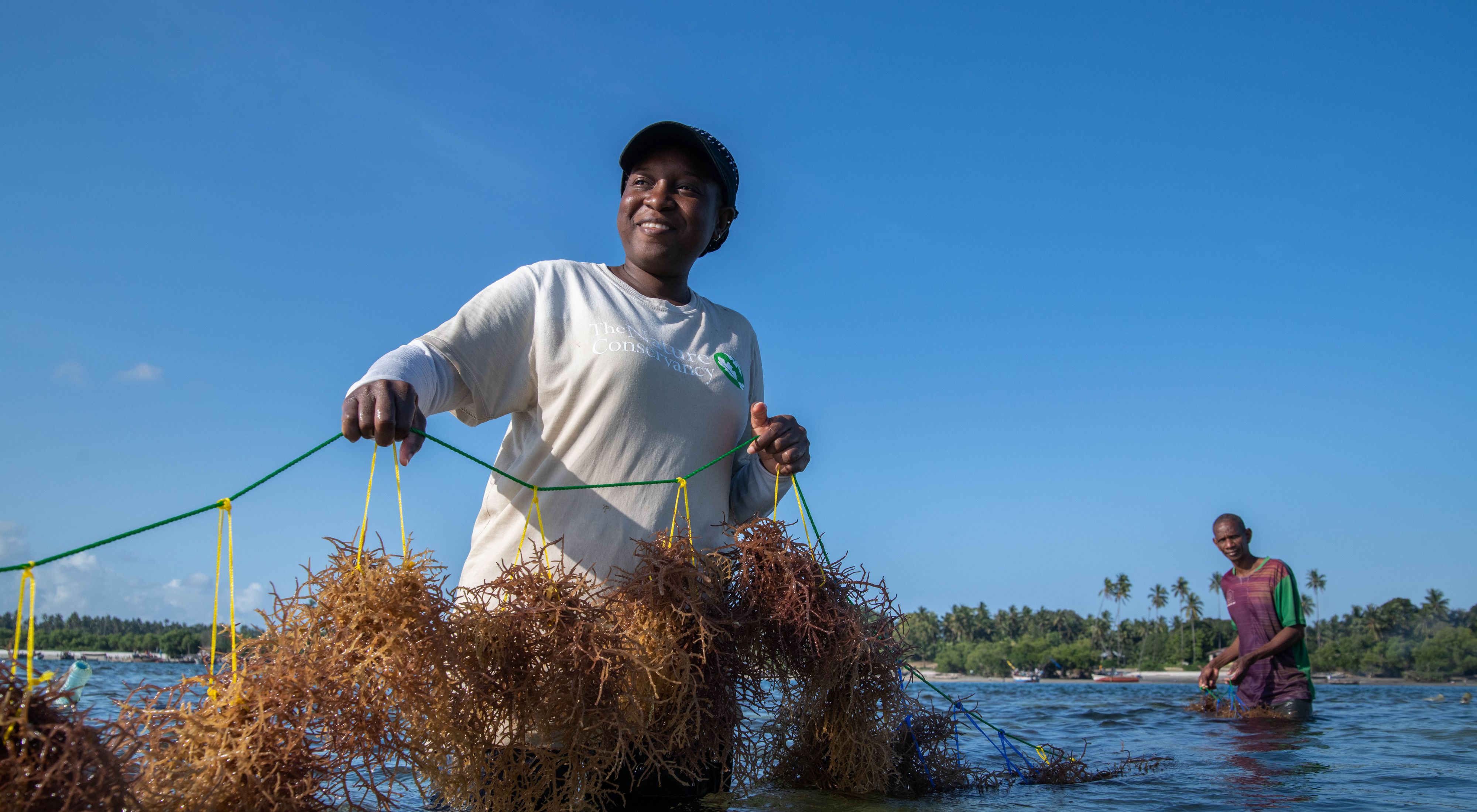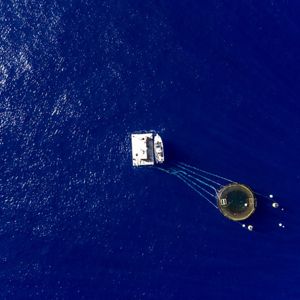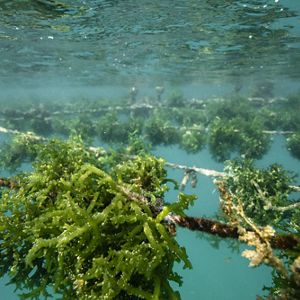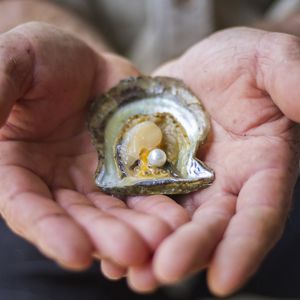Not only can aquaculture provide a low-impact source of food and raw material, but it can also accelerate ecosystem restoration. A global monitoring, evaluation, and learning framework for regenerative and restorative aquaculture: Helping nature thrive through aquaculture creates a shared language and supportive network that will help farmers, researchers, government, and non-government organizations come together to understand, value, and communicate these benefits.
The Framework:
✓ Helps farmers identify and measure the environmental benefits they may be providing on their farm.
✓ Provides a consistent approach to measuring environmental benefits from similar species, systems, and/or practices across locations and over time.
✓ Aligns a quantitative understanding of the contributions to broader environmental goals around ecosystem resilience, protection, or repair.
✓ Recognizes key socioeconomic benefits that are associated with these environmental benefits.
The aim of establishing a framework is to guide a common and consistent approach to collecting and monitoring the environmental benefits generated by aquaculture. This will assist in a more accurate assessment and valuation of aquaculture's ecosystem services and will facilitate the exchange of information among farmers, sectors, and other stakeholders. The Framework has been designed to be adoptable and adaptable, meaning it can be used "as is" or customized to more localized MEL plans.
Want to learn more?
Read the framework hereThe Framework applies specifically to three overarching aquaculture sectors and farming in marine (including coastal) or estuarine environments:
- Seaweed (macroalgae)
- Molluscs and echinoderms—including bivalves and gastropods but excluding cephalopods
- Finfish
While environmental benefits from restorative aquaculture also occur in inland environments connected to or affecting natural water courses (i.e., excluding tanks and recirculating systems), marine and inland aquaculture systems are functionally different and impact ecological processes and wild species in different ways. It is intended that future versions of the Framework will be developed for other sectors, farming practices, and ecosystems systems, such as finfish and shrimp farming in inland waters.



